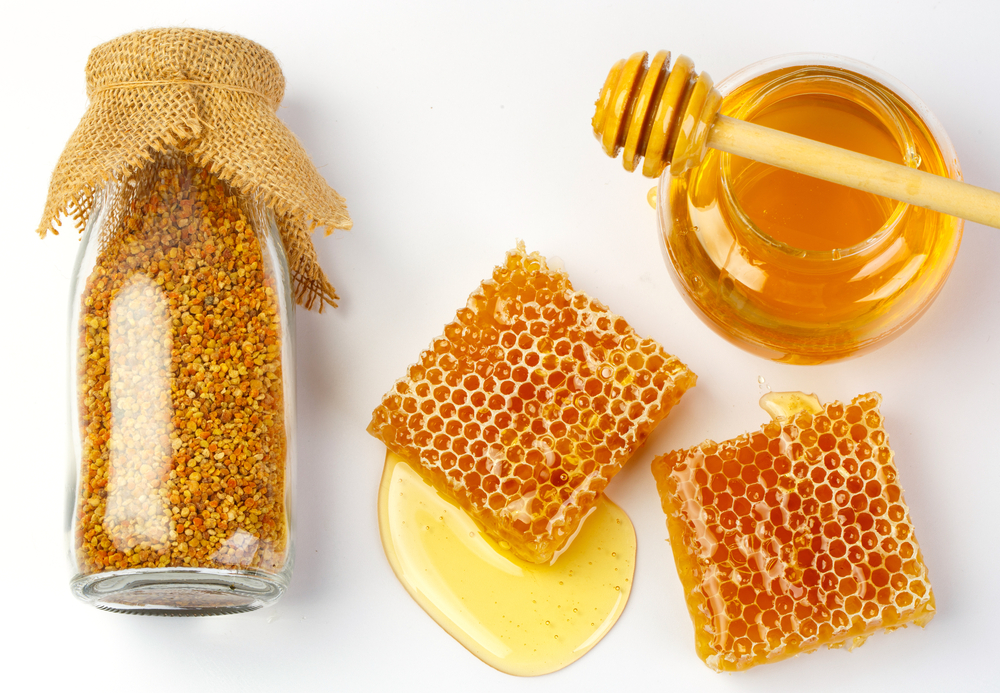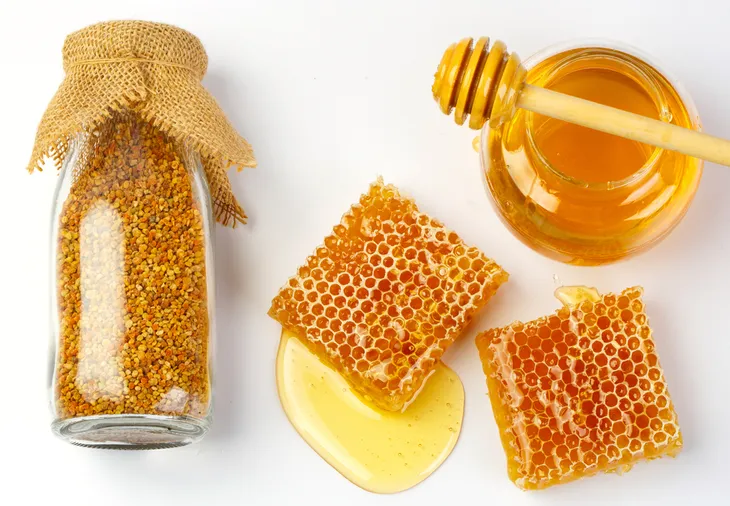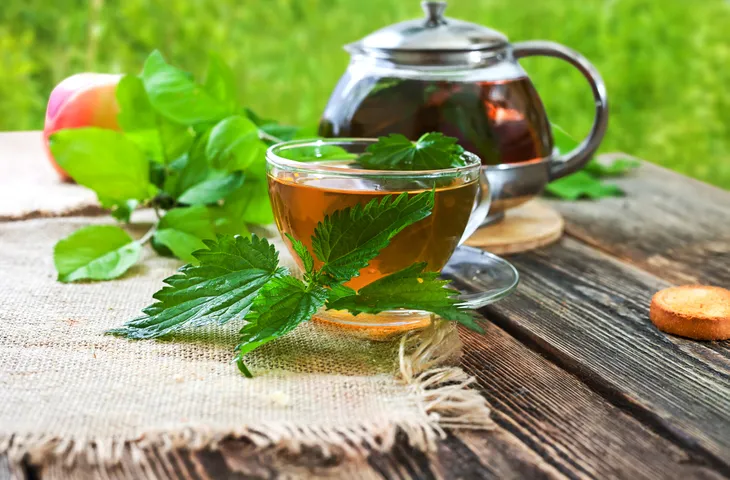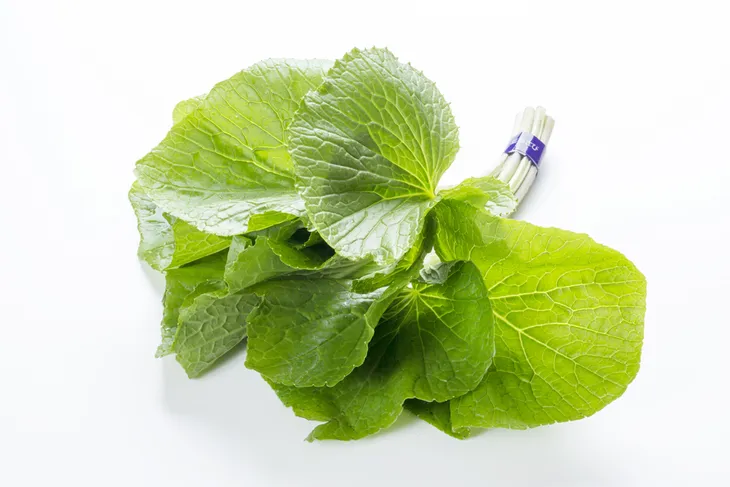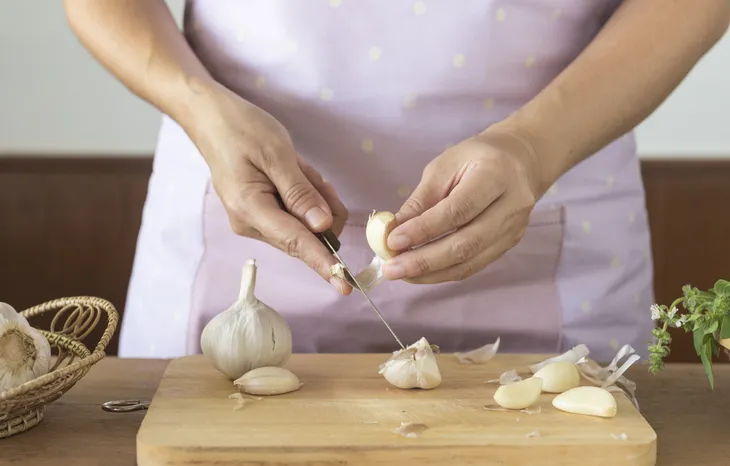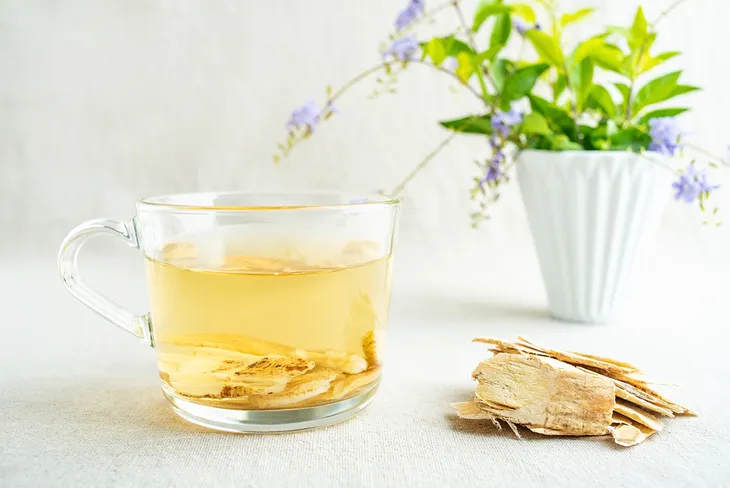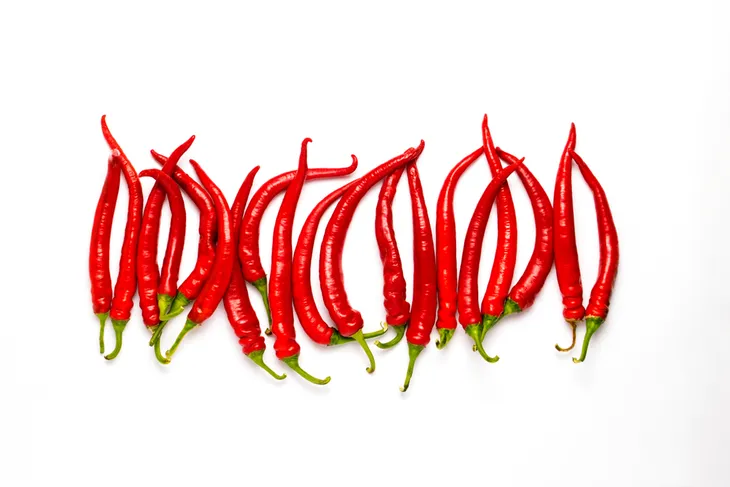If you’re among the many North Americans still suffering with late summer allergies—yes, I’m giving you the stink eye, ragweed—I empathize and sniffle alongside you.
The good news is that you may find some solace in the following 8 rather surprising allergy-fighting foods (with doctor approval, of course)…
Oranges
It turns out that oranges and pure orange juice are not only effective as an immune-boosting flu-fighter—oranges fight allergies as well! Immunologists at New York’s Nassau University Medical Center, found that consuming 100- to 200-milligrams of vitamin C daily was enough to thwart histamines, reduce nasal inflammation, nasal congestion, and relieve itchy, red eyes thanks to the powerful antioxidant and anti-histamine assets of vitamin C.
Local Honey
Add something truly sweet to your morning coffee, tea, or bowl of oats in natural, local honey, and combat allergies at the same time! The reasoning behind honey’s allergy-fighting abilities was discovered in a Finnish study and claims that because bees pollinate local weeds, grasses, and plants, their honey will contain hay fever allergens. Consuming this honey (a few tablespoons each day) will infuse the body with just enough of the allergen to create immunity to it—similar to immune-therapy. The study revealed that local honey reduces allergies by 60-percent in sufferers.
Nettle
I don’t recommend you munch on this thorny herb, but rather drink it as a tea or take nettle extract in supplement form. According to a study in a study in Phytotherapy Research, nettle reduces the allergic mast cell reaction, thus lessening the amount of harmful chemicals (i.e., histamines) coursing around inside your body as well as the severity of future allergic reactions.
Butterbur
Research out of Duke University suggests that butterbar extract, taken as a supplement, will combat allergic symptoms, particularly hay fever, just as successfully as most over-the-counter antihistamines (i.e., Allegra). The flowering herb is typically taken in tablet form, and the principal active phytochemicals, petasin and isopetasin, are noted as effective treatment for soothing swollen nasal membranes.
Red Onions
There is more to the pungent red onion than its ability to add tastiness to stir-fries. Each bulb is rich in quercetin, an antioxidant with anti-inflammatory benefits to blast late summer allergies. Red onion is also a natural antihistamine, so rather than popping pills containing chemical histamines that may damage DNA, quercetin naturally combats our reaction to pollen and dust. One red onion contains roughly 40-milligrams of quercetin.
Garlic
A popular cold-fighter and immune-boosting remedy, garlic is also a decongestant super power that can reduce runny nose, nasal congestion, and all of those sneezes. Like red onion, this bulb also contains quercetin, a potent anti-inflammatory and one of Mother Nature’s natural antihistamines.
Astragalus
A popular, medicinal herb used in Chinese medicine, astragalus is a triple threat when it comes to fighting allergies. The herb is antiviral, antibacterial, and it has anti-inflammatory properties that lessen allergic reactions over time if you take it dried, in capsule form.
Hot Peppers
If you like your food spicy, you may be soothing allergies with every chop, sprinkle, and strip of red pepper or chili pepper in your food. The capsaicin found in both red and chili peppers is an active natural decongestant that relieves inflammation and frees up congestion in the nasal passages.
